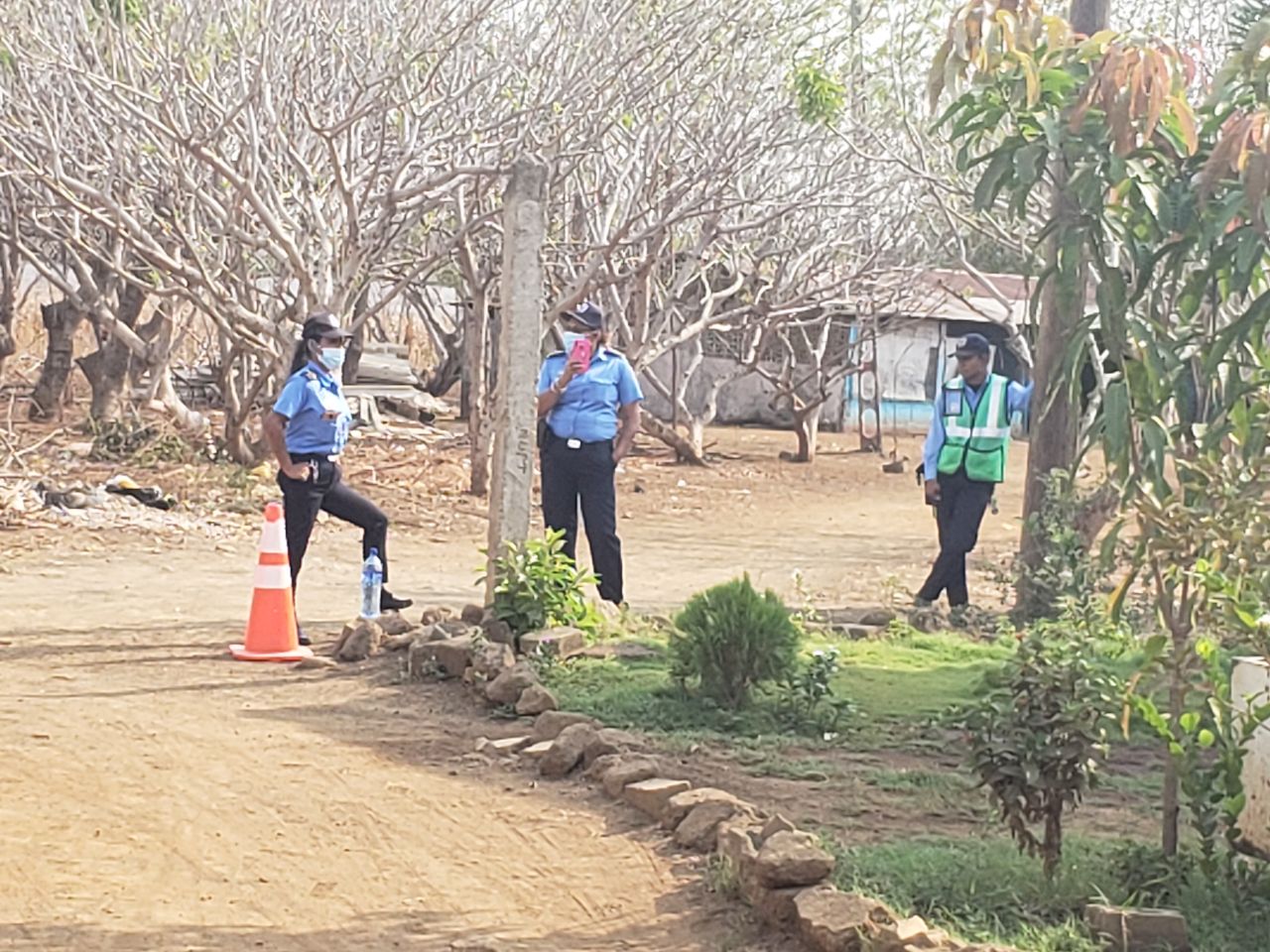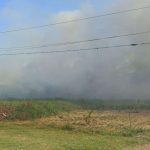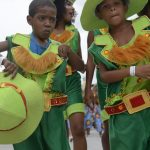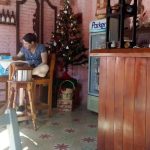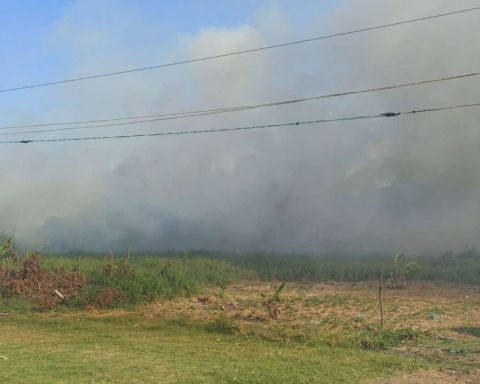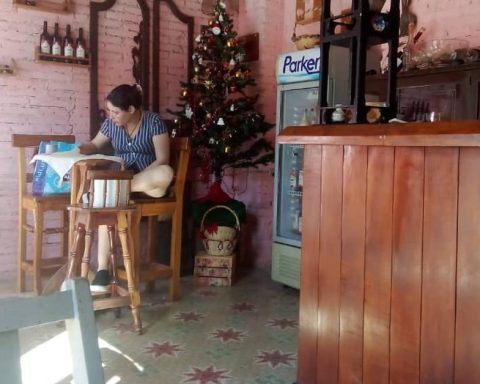In eight days —from April 11 to 18— the Ortega regime unleashed a wave of repression in the context of the fourth anniversary of the April Rebellion, which resulted in 150 incidents related to human rights violations; among these, express arrests, threats, police siege, and raids against relatives of April victims, local leaders, and opponents, confirmed the Blue and White Monitoring, based on their territorial networks.
Contrary to previous years, the siege of opponents began a week prior to the commemorative dates of the social outbreak of April 2018, and revealed “a new escalation of forms of repression”, with the raid of 16 homes in Carazo, Madriz, Managua, Masaya, Nueva Segovia and Boacoexplained Ivania Álvarez, support of territorial networks for the Blue and White Monitoring.
The new dynamics of the dictatorship is “a wake-up call”, Álvarez considers. The police raids were carried out without a court order. The agents arrived at any hour of the day, entered the houses, searched, and even confiscated belongings, according to the complaints received from the affected population, he said.
The opponents who spoke with CONFIDENTIAL and they were under police siege for more than 24 hours between April 18 and 20 —the days with the highest increase in violations— they expressed their fear that at any moment the police, who were outside their homes, would enter and arrest them without reason.
Álvarez also pointed out that several complaints were related to opponents in exile, whose houses were under siege, despite the fact that they are not in the country, which violates the safety of their families.
The Nicaraguan Center for Human Rights (Cenidh) received between April 12 and 21, 20 complaints by telephone, accounting for 64 incidents, mostly raids, arbitrary arrests and attacks, they reported through a statement on their Twitter account. .
“Throughout the country there was a deployment of patrols and motorized vehicles to carry out permanent surveillance and silence opposition voices,” said Cenidh.
?Out of fear, the Ortega Murillo regime deepened the repression on the fourth anniversary of the social outbreak of April 2018. Here are the results of the monitoring carried out by CENIDH from April 12 to 21 ?#4YearsWithoutJustice #NoMoreImpunity #SosNicaragua @IACHR @OHCHR pic.twitter.com/ppQxvbN7oo
— Cenidh (@cenidh) April 22, 2022
Arrests and raids
The first raids and arrests occurred on Tuesday, April 12, mainly in Masaya and Managua. However, the days with the greatest incidents were from April 17 to 20, with police and civilian siege of relatives of the April victims, released prisoners and opponents. In that same period, about ten express captures and strengthening of territorial surveillance by networks of the Sandinista Front were recorded.
In addition to the raids, the Blue and White Monitoring highlighted a greater focus of the repression at the territorial level. With the country’s main civic and political leaders convicted and imprisoned in the Judicial Assistance Directorate (DAJ), El Chipote, the regime’s surveillance focused on controlling the leadership in the departments and their municipalities, Álvarez explained.
This surveillance in the localities was carried out through the Mayor’s Offices of the Sandinista Front and the political structures in the neighborhoods, added the activist.
On the other hand, a member of the Political Council of the Blue and White National Unity (UNAB) said on condition of anonymity that the anticipation of repressive acts reflects a “defensive” attitude.
“He wants to control and monitor any act that the self-convened opposition groups manifestly do against the dictatorship. Whether it’s paint, whether it’s chimbombas, whether it’s pasting stickers, or some other act of protest, some picket, some sit-in, ”he said.
Resistance is maintained in virtual environments
This year the population failed to carry out symbolic acts of civic resistance, such as throwing blue and white pieces of paper on the country’s avenues; paint the streets with the colors of the national flag or paste stickers at strategic points. However, for the UNAB member, this does not mean points for the dictatorship, but quite the opposite, that the regime must resort to “coercion”, to “maintain the police state in the streets, which is undermining it more and more every day.” its foundations, generating greater rejection by the population” in an attempt to silence the voices of Nicaraguans.
At the same time, he stressed that there expressions of resistance in various countries, where exiles are present. And social networks also continue to be a space to demonstrate the rejection of citizens against the regime of Daniel Ortega and Rosario Murillo.
